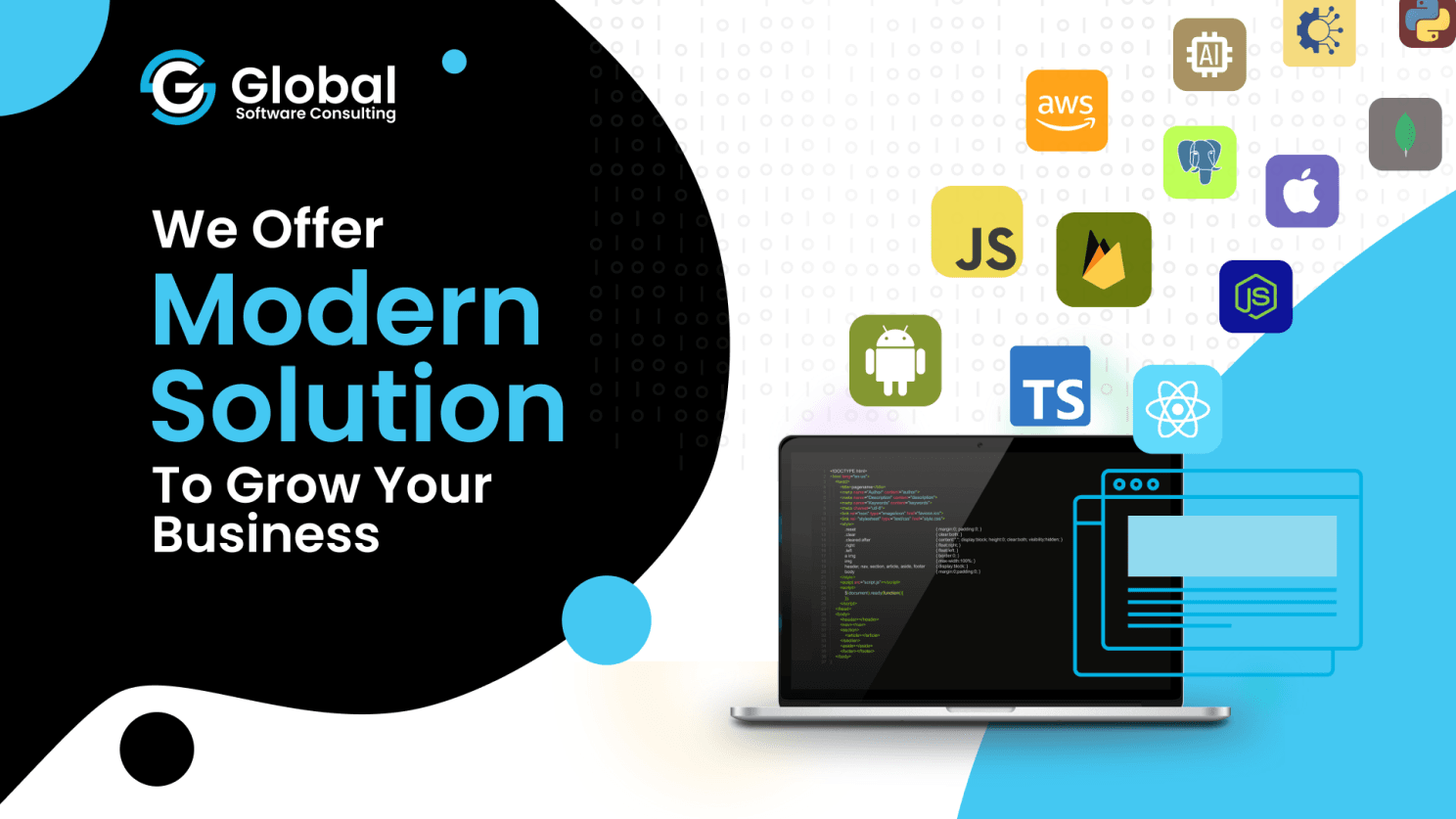Transforming Manufacturing The Rise of Generative AI
2024-06-05

In recent years, the manufacturing industry has witnessed a significant transformation driven by advancements in artificial intelligence (AI) technologies. Among these, Generative AI has emerged as a game-changer, revolutionizing traditional manufacturing processes. This article explores the role of Generative AI in reshaping manufacturing, its applications, benefits, and prospects.
The Rise of Generative AI in Manufacturing:
Generative AI, a subset of artificial intelligence, refers to algorithms that can autonomously generate new content, designs, or solutions based on input data and constraints. In manufacturing, Generative AI holds immense potential to optimize various stages of the production process, from design and prototyping to optimization and automation.
Optimized Product Design:
One of the primary applications of Generative AI in manufacturing is in product design. By analyzing vast amounts of data, including materials, specifications, and performance requirements, Generative AI algorithms can generate optimized designs that meet specific criteria such as strength, weight, and cost. This enables manufacturers to create more efficient and innovative products while reducing time-to-market.
Streamlined Prototyping and Iteration:
Traditionally, prototyping and iteration in manufacturing involve time-consuming and costly processes. Generative AI streamlines this by rapidly generating and evaluating design alternatives, allowing manufacturers to explore a wider range of possibilities with minimal time and resources. This iterative approach accelerates the development cycle, leading to faster innovation and improved product quality.
Efficient Resource Utilization:
Generative AI also plays a crucial role in optimizing resource utilization in manufacturing. By analyzing production data and constraints, AI algorithms can generate optimized manufacturing plans that minimize waste, reduce energy consumption, and maximize resource efficiency. This not only lowers production costs but also enhances sustainability, aligning with the growing emphasis on eco-friendly manufacturing practices.
Automation and Robotics:
In addition to design optimization and resource management, Generative AI is driving advancements in automation and robotics within manufacturing facilities. AI-powered robots equipped with Generative algorithms can adapt to dynamic environments, perform complex tasks with precision, and even collaborate with human workers seamlessly. This integration of AI and robotics enhances productivity, safety, and flexibility on the factory floor.
Challenges and Future Outlook:
While Generative AI holds immense promise for the manufacturing industry, several challenges remain, including data privacy concerns, algorithm bias, and the need for specialized expertise. However, ongoing research and development efforts are addressing these challenges, paving the way for broader adoption and deeper integration of AI technologies in manufacturing.

Looking ahead, the future of manufacturing with Generative AI appears promising. As AI algorithms continue to evolve and mature, they will enable manufacturers to unlock new levels of efficiency, innovation, and competitiveness. From customized product designs to agile production processes, Generative AI is reshaping the manufacturing landscape, driving the industry toward a smarter, more sustainable future.
Most Popular
•
Privacy policy•
Terms & conditions



